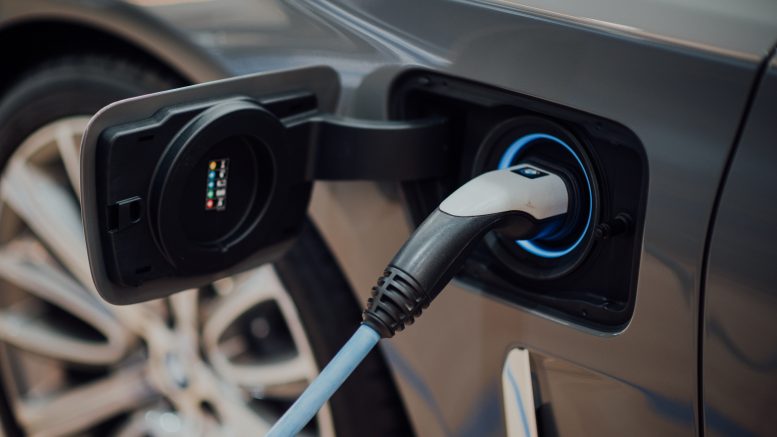The prime minister has announced Britain’s green industrial revolution: the new 10-point plan to meet net-zero emissions in the UK by 2050.
“My 10 point plan to get there will mobilise £12bn of government investment, and potentially three times as much from the private sector, to create and support up to 250,000 green jobs.”
We are going to drive forward a Green Industrial Revolution, creating hundreds of thousands of green jobs across the country.
Read more about my 10 point plan: https://t.co/ZnqoHnbzB7
— Boris Johnson (@BorisJohnson) November 18, 2020
The 10 points range from providing every British home with clean energy from offshore wind turbines by 2030 to planting 30,000 hectares of trees every year, to the much-discussed sales ban for non-electric cars.
The transport sector is the largest contributor to the UK’s carbon emissions and its shift to cleaner energies and transformation into a greener industry are key points to be met in order to reach the Paris agreement goals in 2050.
The petrol and diesel vehicle sales ban’s deadline was supposed to be 2040, but it has now been moved to 2030, as the fourth point of Johnson’s British green industrial revolution states:
“We’ll invest more than £2.8bn in electric vehicles, lacing the land with charging points and creating long-lasting batteries in UK gigafactories. This will allow us to end the sale of new petrol and diesel cars and vans in 2030. However, we will allow the sale of hybrid cars and vans that can drive a significant distance with no carbon coming out of the tailpipe until 2035.”
The new measures have met opposite reactions by the Climate Change Committee and the automotive industry.
Mike Hawes from The Society of Motor Manufacturers and Traders (SMMT), told the BBC: “We have been an industry built on petrol, diesel engines for over a century. Shifting that with all the embedded investments to a brand-new technology in the space of what is only a few years is an incredible challenge.”
On the other hand, Chris Stark, the chief executive of the Climate Change Committee, welcomed the much-awaited plan with a hopeful thread on Twitter.
The PM's statement contains a serious set of commitments. If they're delivered, they’ll take a big chunk off UK emissions over the next decade and beyond.
As ever – the detail needs to follow. But for now, I'm pleased. We should celebrate days like this when we get them.
— Chris Stark (@ChiefExecCCC) November 18, 2020
Despite being enthusiast about the new commitments to a greener future for the UK, Stark recognises that the achievement of the ban on sales of fossil fuel cars will be quite a challenge: “By 2030, 40% of cars on the road will need to be zero-carbon, to be on track for Net-Zero. A big challenge to get the infrastructure ready and consumer incentives right.”
The Climate Change Committee is in fact worried that the term should be moved even closer, as soon as 2026, to then be able to meet the 2050 target of net-zero emissions.
The next steps will aim at convincing people to go electric with their next vehicle. To do so, the government has implemented grants for new plug-in cars up to £3,500 and up to £1,500 for motorcycles, as well as for charging infrastructures in homes or at workplaces.
London has its own plans in place to install 300 rapid charge points across the city by the end of the year, in addition to the 200 previously set. Electric vehicles will also be eligible for a complete discount on the congestion charge, and their owners will be able to enjoy free or reduced-charge parking in some London boroughs.
Read below for further information on environmental issues:
- Climate change: 2020 wrapped and why you should be worried
- Bus vs bicycle: this is how we roll!
- London’s health costs due to air pollution amount to £10.32 billion a year
Words: Sara Guadrini | Subbing: Kristina Hristova

